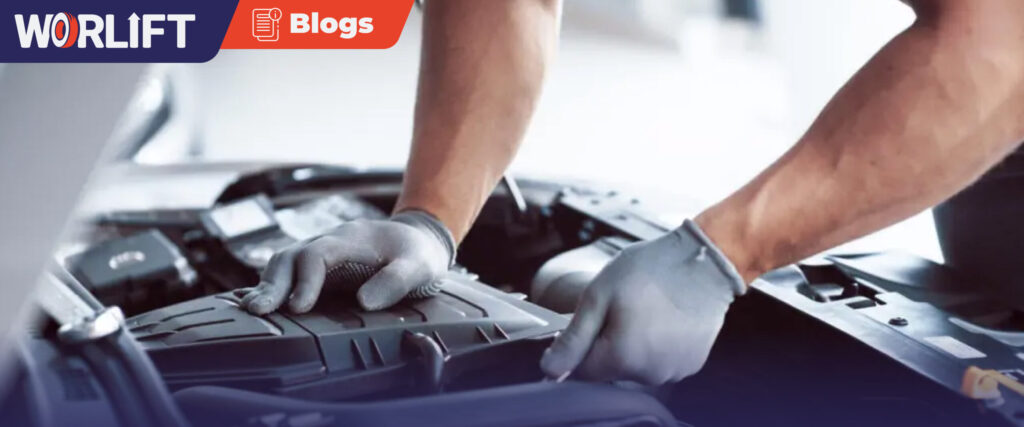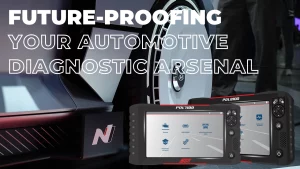BLOG
Common electric vehicle repairs (EV)

- July 21, 2023
- 7:31 pm
Electric vehicles (EVs) require maintenance, much like traditional gasoline-powered vehicles. However, their maintenance needs are generally lower due to having fewer fluids and moving parts. Notably, EVs do not require oil changes.
Outlined below are common electric vehicle repairs and vital tips for EV maintenance
Maintaining the battery and electrical system:
The most common repair electric cars need is changing the battery. The battery is the beating heart of these systems that make your car work, so if any electrical component gets messed up, then it will be time to take it to the mechanics who know about these failures and have the necessary equipment to detect every problem it may have.
Renewing old and worn brakes:
Electric vehicle brakes typically have a longer lifespan compared to those in gas-only vehicles, resulting in fewer replacements or repairs. This advantage stems from EVs using regenerative braking, which converts the vehicle’s kinetic energy into mechanical energy to slow down. Regenerative braking reduces brake friction, significantly extending their longevity. In certain hybrid and electric models, regenerative braking also aids in recharging the battery while driving, thereby enhancing battery life and reducing the risk of failure. Consequently, the brakes play a crucial role in ensuring vehicle safety.
Changing bad tires:
For durability and endurance, it is essential to opt for tires specifically designed for electric cars. The market offers a wide variety of tires tailored to electric vehicles, making the right choice vital for optimal performance.
Replacing old brake and coolant fluids:
While electric vehicles have fewer fluids to monitor, some remain crucial. Regularly topping off coolant levels and checking brake fluid is essential for maintaining the longevity of an electric car.
I hope you liked this small section, and if you are interested in this topic, we invite you to discover some VE products from LAUNCH so that you can be at the forefront of this technology that is here to stay.
Share:
More to explorer

Future-Proofing Your Automotive Diagnostic Arsenal: Trends in Scanner Technology 2024


